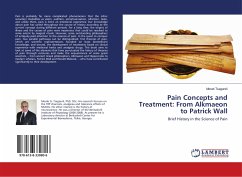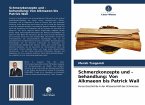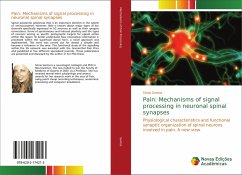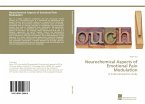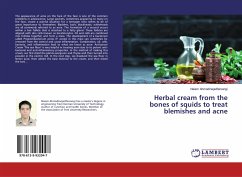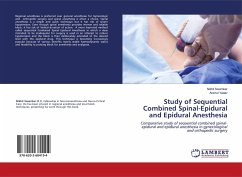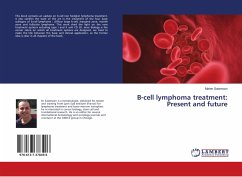Pain is probably far more complicated phenomenon that the other sensation modalities as vision, audition, somatosensation, olfaction, taste, and unlike them, pain is more an emotional experience. Our knowledge about pain has varied throughout the course of history according to the current concept during different periods. For a long time, the origins of illness and the causes of pain were mysterious that could be resolved to some extent by magical rituals. However, some outstanding philosophers of antiquity paid attention to the essence of pain. In the quest to conquer pain, two parallel pathways can be distinguished; first theories of pain, which are scientific representations founded on basic biomedicine knowledge, and second, the development of treatments based on clinical experience with medicinal herbs and analgesic drugs. This book aims to look at some of the elements that have punctuated the history of theories of pain through centuries and make the acquaintance of some great scientists, - from ancient Greek philosophers, Alkmaeon and Hippocrates to modern scholars, Patrick Wall and Ronald Melzack, - who have contributed significantly to their development.
